
By Joel Balsam and Stephanie Foden
Travel Writer and Photographer17 Aug 2018 - 8 Minute Read
All I could see was limitless flat terrain on all sides and the open road ahead. All I could hear were the plucks and groans of Robert Johnson's guitar blasting out of old crackling speakers. All I could smell was gas.
Oh, crap.
On a cross-America RV road trip with my girlfriend, I was excited to see the red-rock national parks in the southwest and surf off the west coast – but as a Canadian, most of American culture isn't all that different from where I grew up. I wanted to experience something real. Something raw. The Mississippi Delta fit the bill.
But when our RV broke down on the highway in the poorest county in the poorest state in the USA, we got more Deep South than we bargained for.
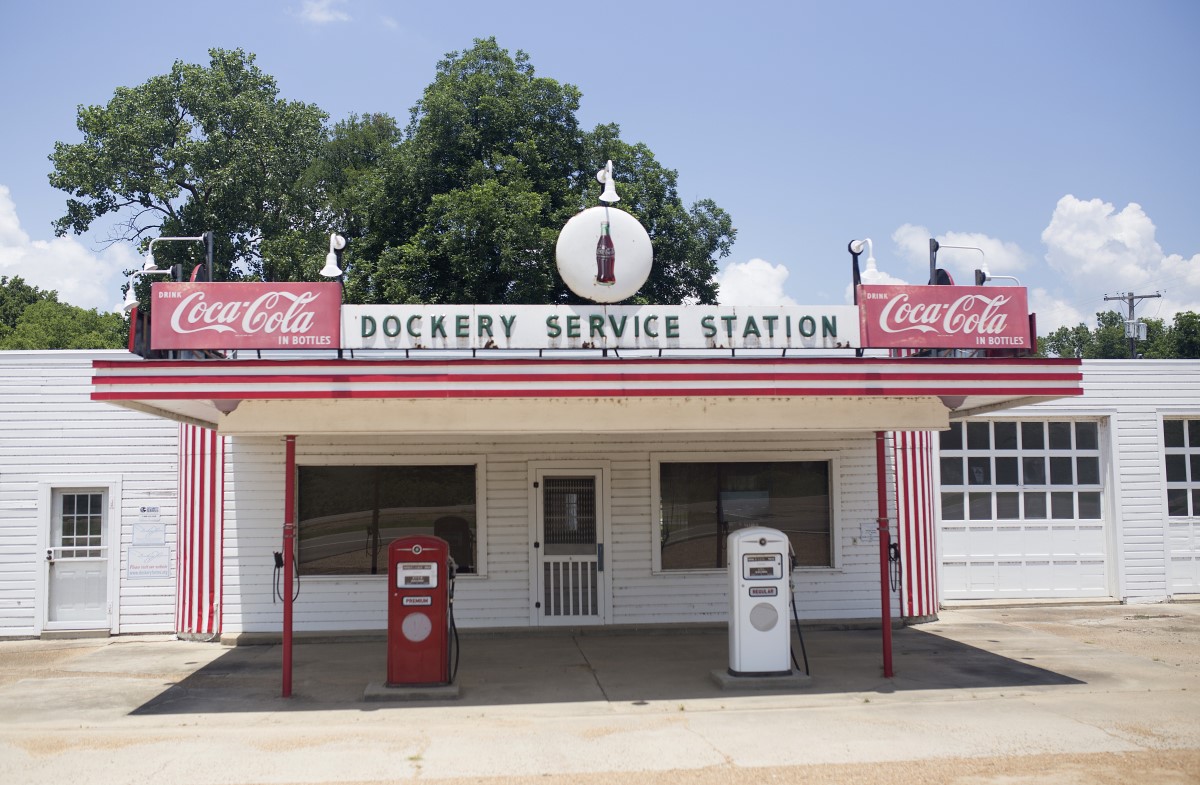
To be brutally honest, my preconceived ideas about Mississippi didn’t go far beyond three words: slavery, poverty, and racism. The state has a history of Jim Crow injustice and lynching, and it has struggled to recover.
But I also felt drawn to it. Mississippi was the soil where the roots of several great American art forms grew: blues, rock and roll, R&B, funk, and soul. Its hospitality does America proud, and its BBQ is epic.
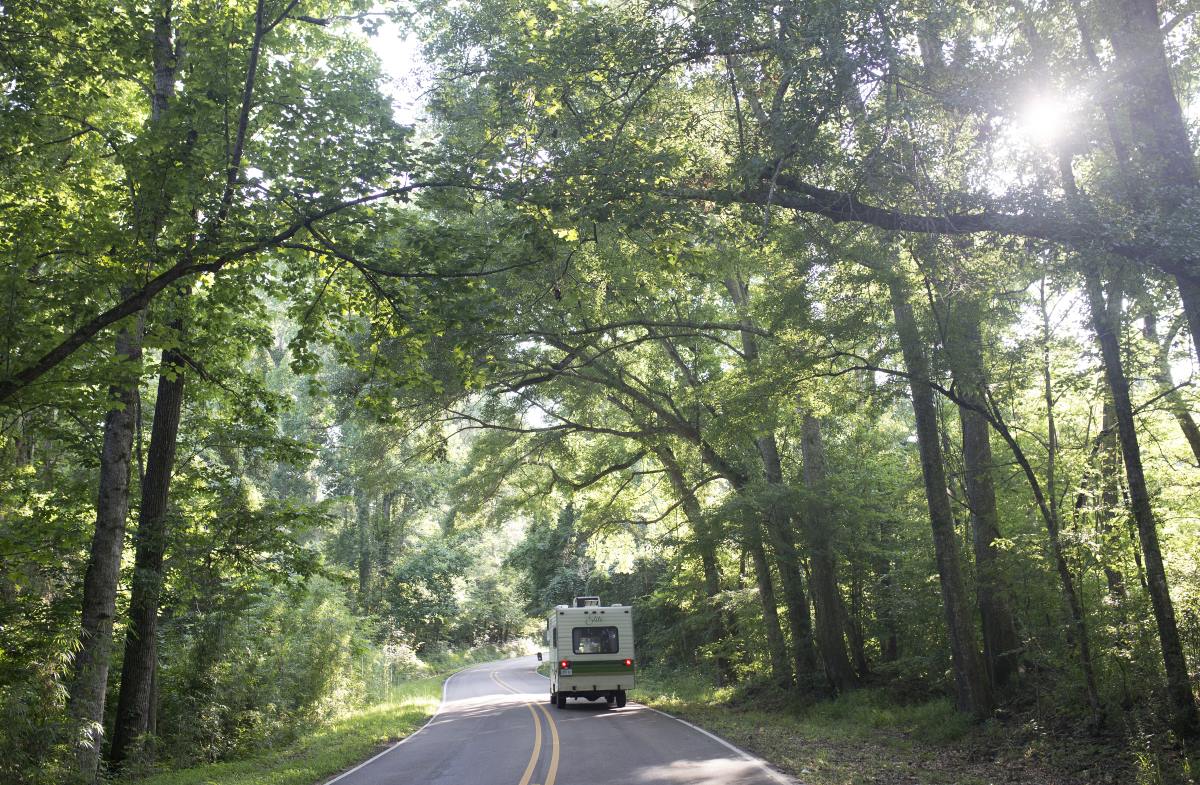
Our first stop before the RV collapsed was Clarksdale. We rolled past crumbling shotgun houses and what seemed like more churches than people. The town’s streets, bleached under June’s midday inferno, were deserted, but we soon found out the town's heart beats at night.
Perched on stools outside Cat Head music shop, the unofficial visitor center, a blues duo strummed and moaned of heartbreak, sweat streaming from their brows. Clarksdale was ground zero for the blues, home to Muddy Waters, Ike Turner, B.B. King, and so many more. When Sam Cooke sings in A Change is Gonna Come: “I was born by the river in a little tent” – that river would be in Clarksdale, where he’s from. But they all left.
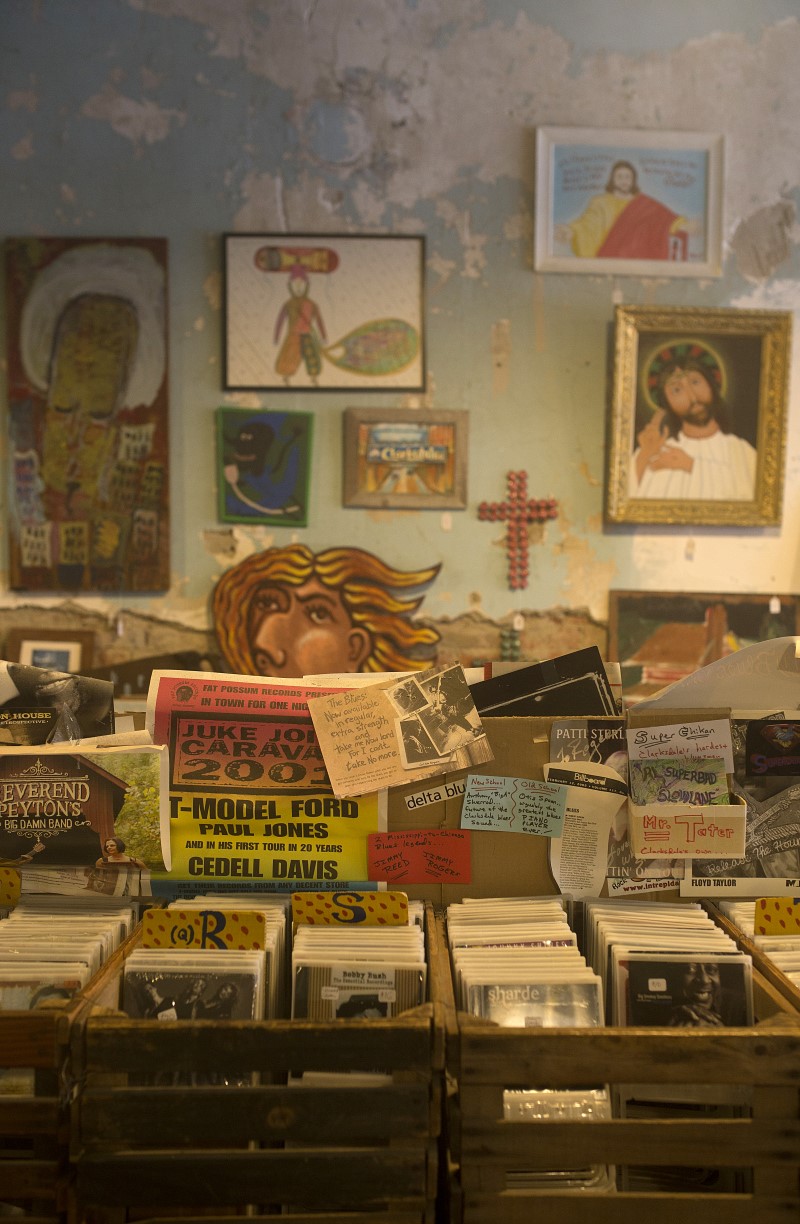
Inside the shop, owner Roger Stolle beamed as he displayed a list of blues acts every night of the week – even on Sundays, a day when most of the Delta goes silent. Stolle and a group of passionate locals and blues pilgrims are helping to attract tourists and residents, but they aren't naïve.
"Blues alone will not save the town,” he said. “But it’s the first puzzle piece on the table."
That night, we headed to blues landmark Red's Lounge. We strolled past bold murals of legends past, hunting for the entrance. Could that black metal door be it?
I slipped inside and looked for the stage. There wasn't one. Smack in the middle of the room, bluesman Lucious Spiller poured his heart out through his fingers in front of a backdrop of bright red neon lights. We sat down and within minutes, he was shredding guitar strings inches from my face. I know the word gets thrown around a lot, but damn, it was authentic.
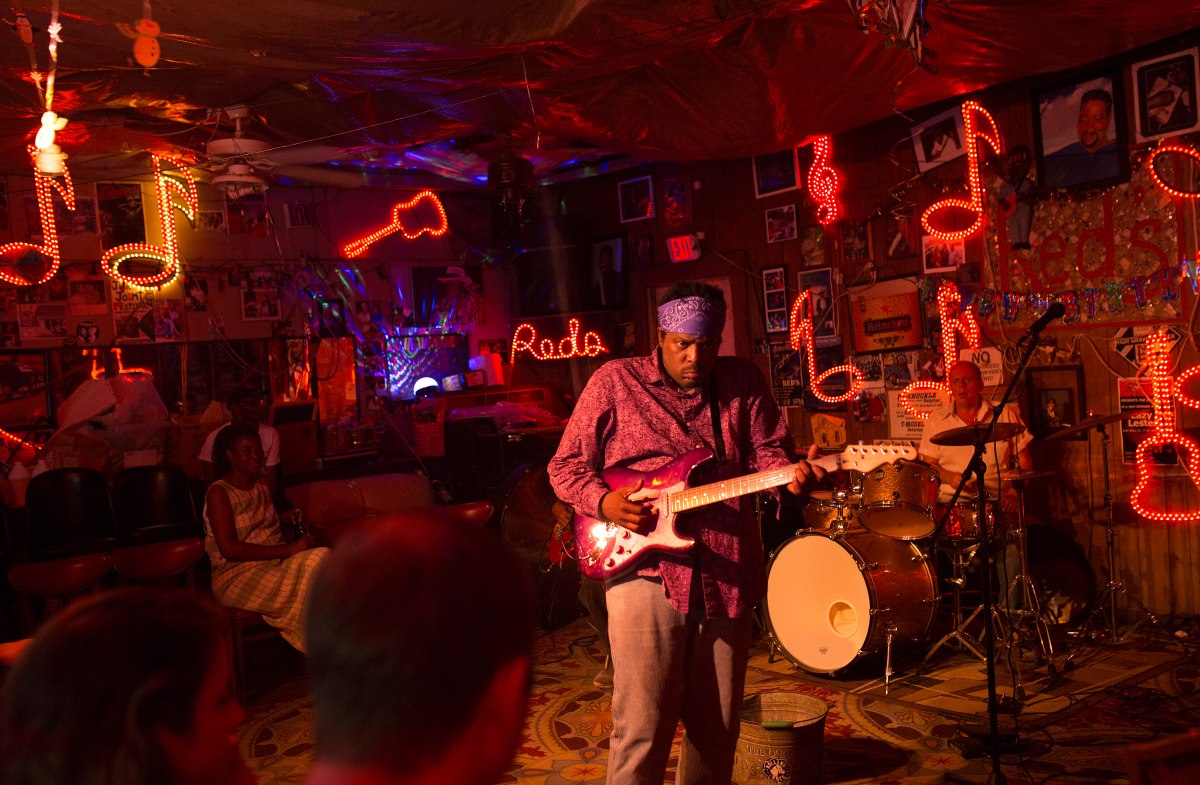
The next day, we skipped the fast food chains in favor of Hicks’ drive-thru (everything from pharmacies to liquor stores seems to have a drive-thru in Mississippi). We ordered dripping, meat-stuffed tamales and rib tips to suck on while chatting with owner Eugene Hicks, who has been slow-cooking his famous BBQ for nearly half a century. He rhymed off all the people who have eaten his tamales: Bill Clinton, B.B. King, Eli Manning, Anthony Bourdain.
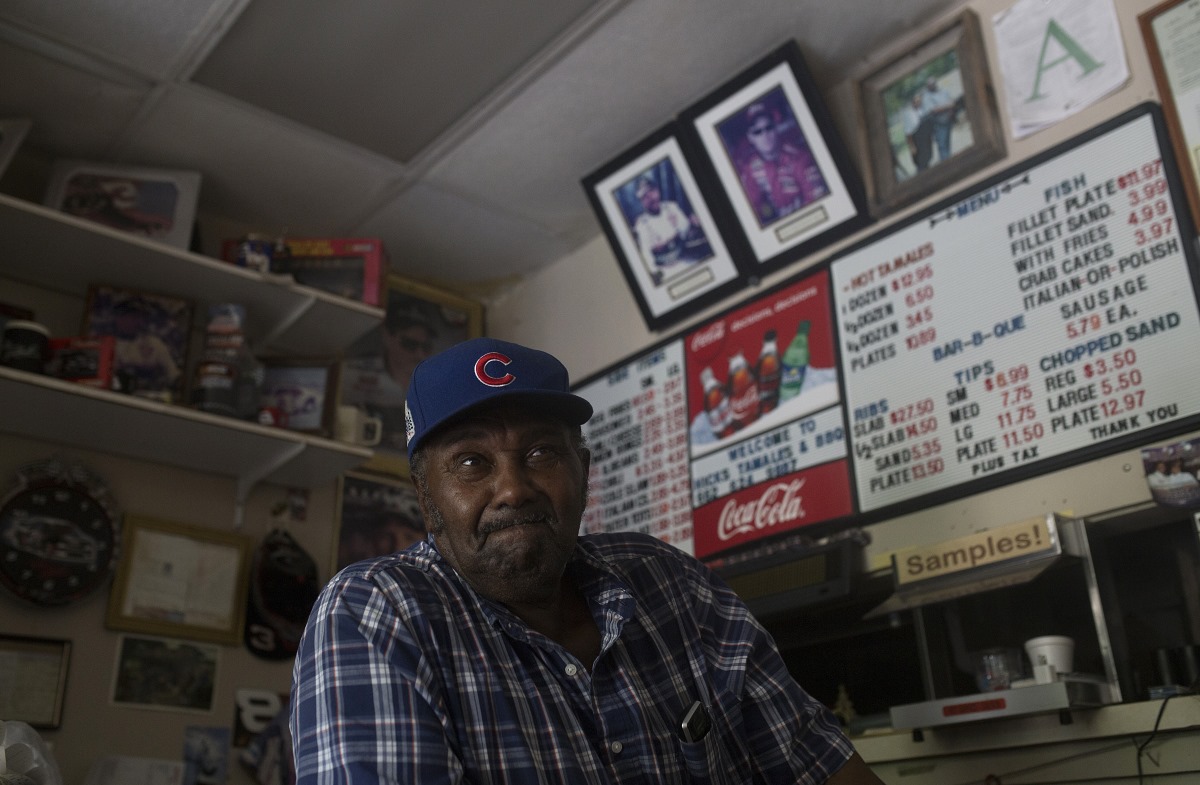
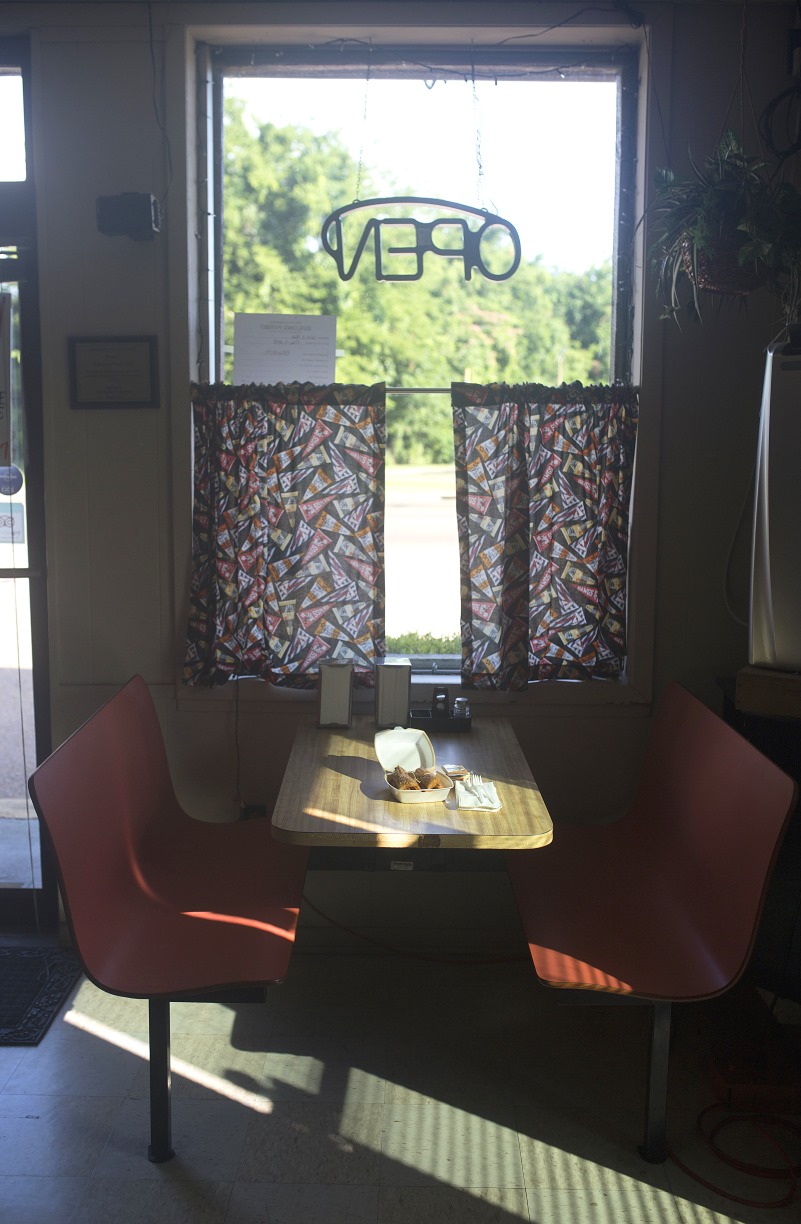
An hour later, a tow truck arrived, and we found ourselves seated beside the sad reality I’d been expecting but was still blindsided by. The driver complained about "the blacks," openly using a highly offensive term. Bad news for him, we had arranged to bring the RV to a black mechanic. He dropped us off without saying much.
The mechanic’s diagnosis – the RV needed a new motor – meant we’d be stranded in tiny Yazoo City for nearly a week, but Southern hospitality heard our cries. The next day was Sunday, so we did the only thing we could do in the Delta – go to a gospel church.
Congregations tend to be segregated in Mississippi, but though were the only white people there, we felt welcomed with open arms. We clapped joyfully along to the “yes sirs,” the “uh, huhs” and the “amens," and even witnessed a baptism. Afterward, we sat with the churchgoers in their Sunday best and gobbled up a plate of fried chicken and fixins.
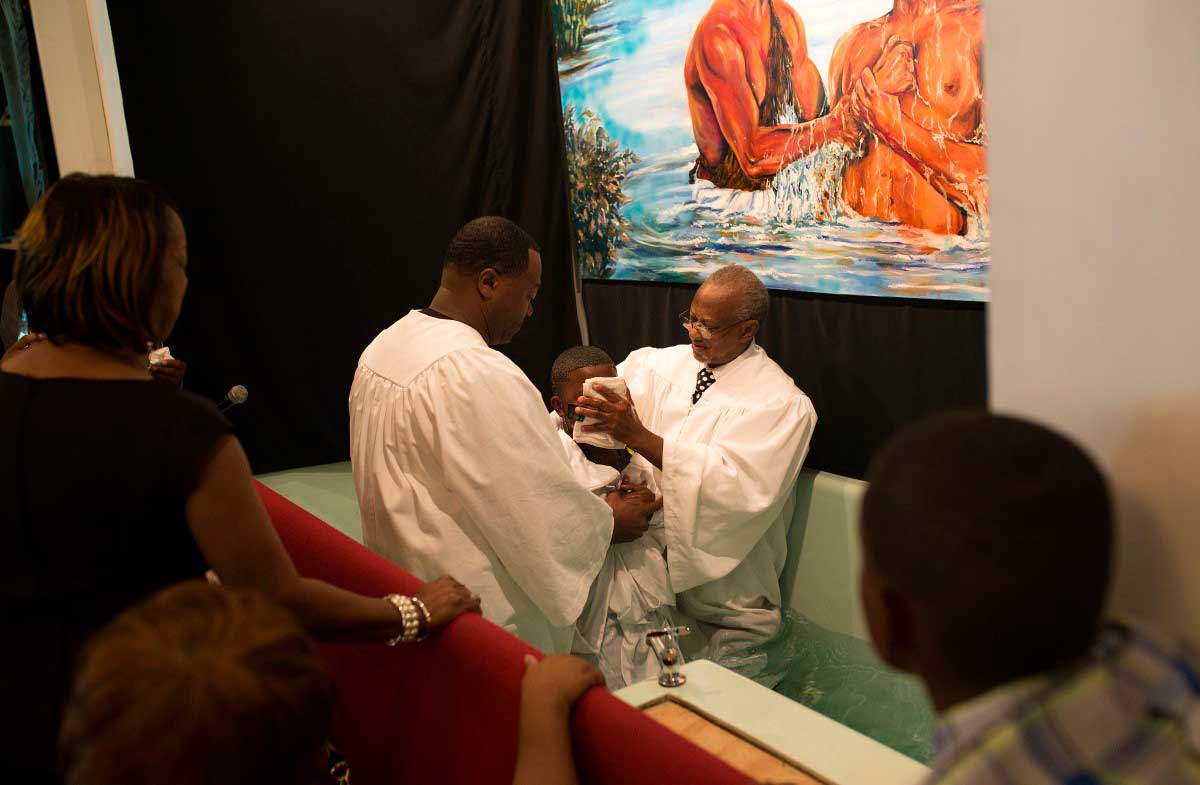
British author Richard Grant called the Mississippi Delta "the most American place on Earth"– its culture so vibrant it permeated through the rest of the country and throughout the world. But the scars of its ugly past remain – I could see them out my window and hear them from the mouth of a racist tow truck driver.
It’s tempting to skip the Delta on a road trip and leave it in the ditches of history, but doing so would be to miss out on one of the most authentic places in America. And while the blues alone might not be able to rescue the Delta, in the words of Sam Cooke: a change is gonna come.
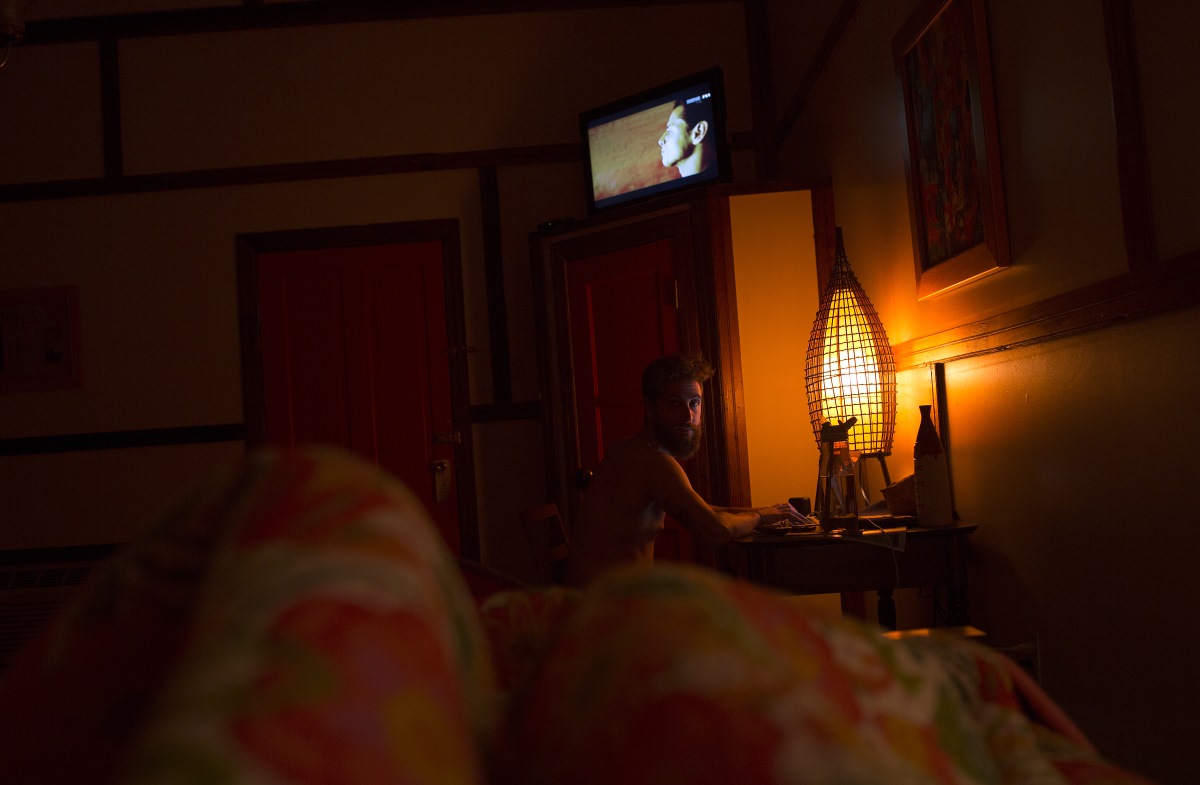
Discover similar stories in
connection
Travel Writer and Photographer
Joel and Stephanie are Canadian freelance journalists and digital nomads who are permanently on the road.




No Comments